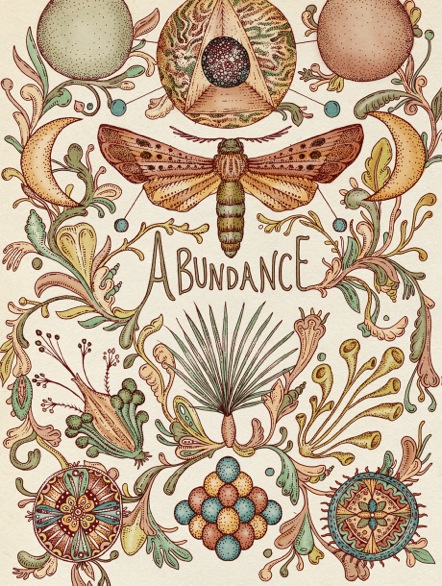The Good Life Lab: Radical Experiments in Hands-On Living by Wendy Tremayne is a game changing book. One that takes a hip NYC fashionista into a life truly off the grid. Wendy’s an inspiration. Here she shares with us what she believes could repair the soul of the world, and how we got so far off track;
Nature Is Just Good Common Sense
While writing this book, many times I noticed that the knowledge I have to share was not passed down to me through the cultural milieu, even though many of the problems that Mikey and I went about solving are as old as humanity. The knowledge I gathered to fulfill the pledges I made was pieced together from the Internet, people I found living outside the margins of mainstream culture, hard-to-find and out-of-print books, trial and error, and contemplative practice. I wondered why my formal education failed to pass on fundamental knowledge about how to live. What I felt missing was my relatedness to my species, my relationship to life and how to live within it, essential knowledge. This kind of knowledge, amassed across the arc of time, seems to have dropped off in the last hundred years. I felt like I was an odd fit in the world. My upbringing in the suburbs of Long Island and adult life in the city did not help me find the knowledge I craved. Throughout my education I had learned how civilization worked, but no one taught me how to live on the earth.
As Douglas Rushkoff points out in Life Inc.,
The techniques for proper breastfeeding used to be passed down from mother to daughter, but now there is a market for lactation consultants. As a result, one of the most intimate human functions has become commodified.
For at least a half-century people have learned about media, brands, and commerce. Not how they work, but how to work them. They learned about systems within systems: coupons, warranties, return policies, credit cards, and things related to the economy. As part of the first generation to witness the whole world for sale, fully commodified, and nature under genuine duress, we are finding that the knowledge relied on by previous generations cannot solve the problems that new generations face.
All my life I have observed a nervous and fearful humanity. I wonder what this condition tells us about the time we live in.
Over half a century ago, journalist Edward R. Murrow said,
There is a creeping fear of doubt, doubt of what we have been taught, of the validity of so many things we had long since taken for granted to be durable and unchanging. It has become more difficult than ever to distinguish black from white, good from evil, right from wrong.
I wonder if people are afraid because they know that they don’t understand the real world? Acculturated knowledge is shallow, and the landscape of commerce is not necessarily logical, fair, reliable, sensible, or just. The footing is unsteady.
When we know that we are safe with ourselves we feel calm and happy. We are naturally wired with a need to know that we are qualified to care for ourselves. The suspicion and fear I see tell me that the knowledge we carry is not the right kind; it is not good enough. Many of us do not trust ourselves with ourselves.
I’ve noticed that many in the generations who welcomed in the commodified world rely on a mysterious they for information about how to live.
“They say ginkgo is no longer good but B12 is essential.”
“They say we should spend twenty minutes a day in the sun with no sunblock.”
I hear the snake-oil salesmen saying, “Hurry hurry!” while waving bottles of potions in the air.
In this atmosphere people are left to guess about the motives of the mysterious they and hope that their best interests are somehow being served. In a society based on capital, the motives should be well understood. If our culture has no genuine source of wisdom, people have no choice but to be scared. Without wisdom we are marooned.
Since we are part of the natural world, civilization’s acculturated knowledge is not our own. We cannot intuit it. People are meant to intuit our world because essentially we are not other than the world. It would be silly to think we cannot know ourselves. That would be like starving to death because we failed to notice that we were hungry. This is not how nature works. Nature is logical; it makes perfect sense. It is the common sense. Nature’s rules are reliable.
This book is just a must read. The mustest of musts.
Excerpted from The Good Life Lab (c) Wendy Jehanara Tremayne. Used with permission of Storey Publishing.
Illustration (c) Katie Scott


